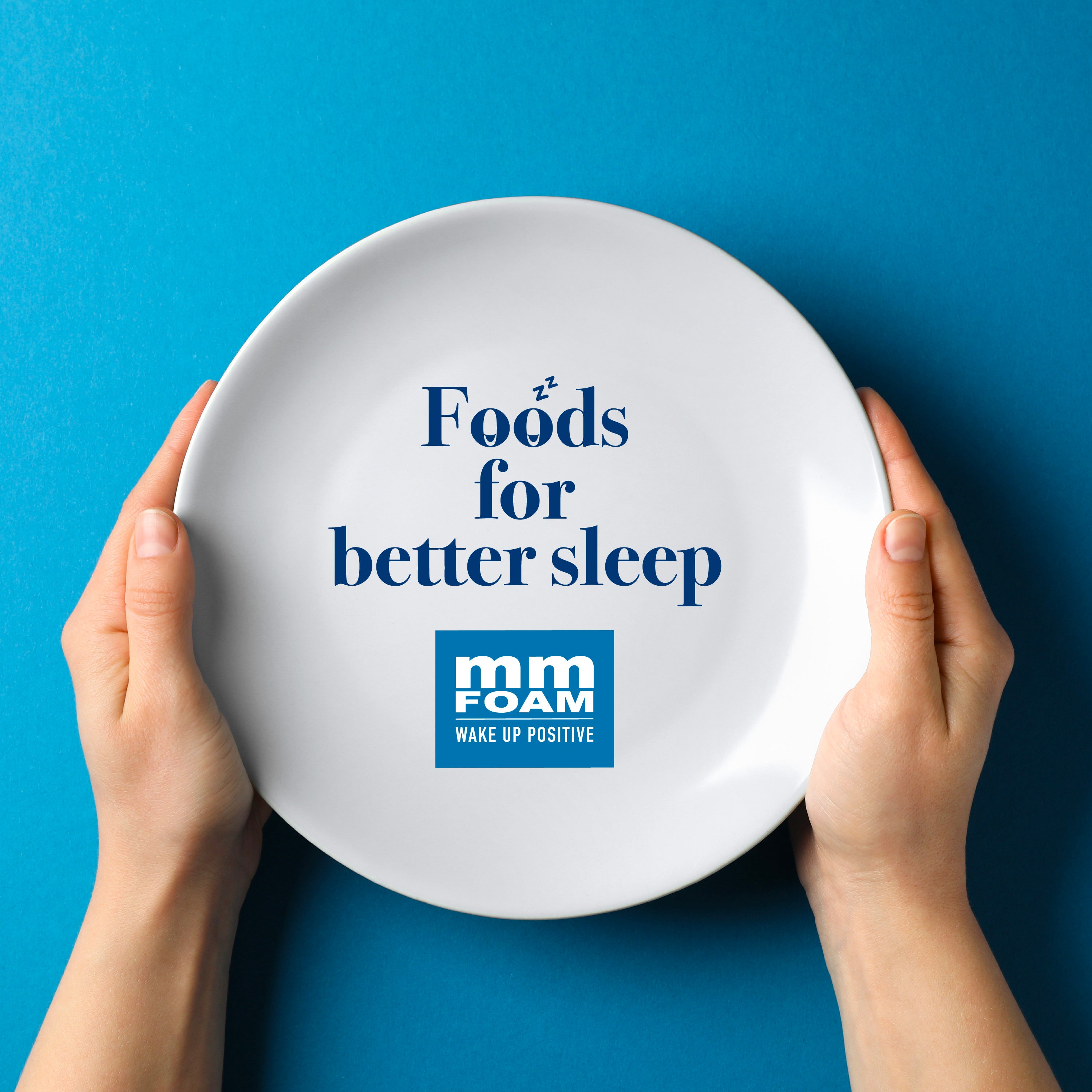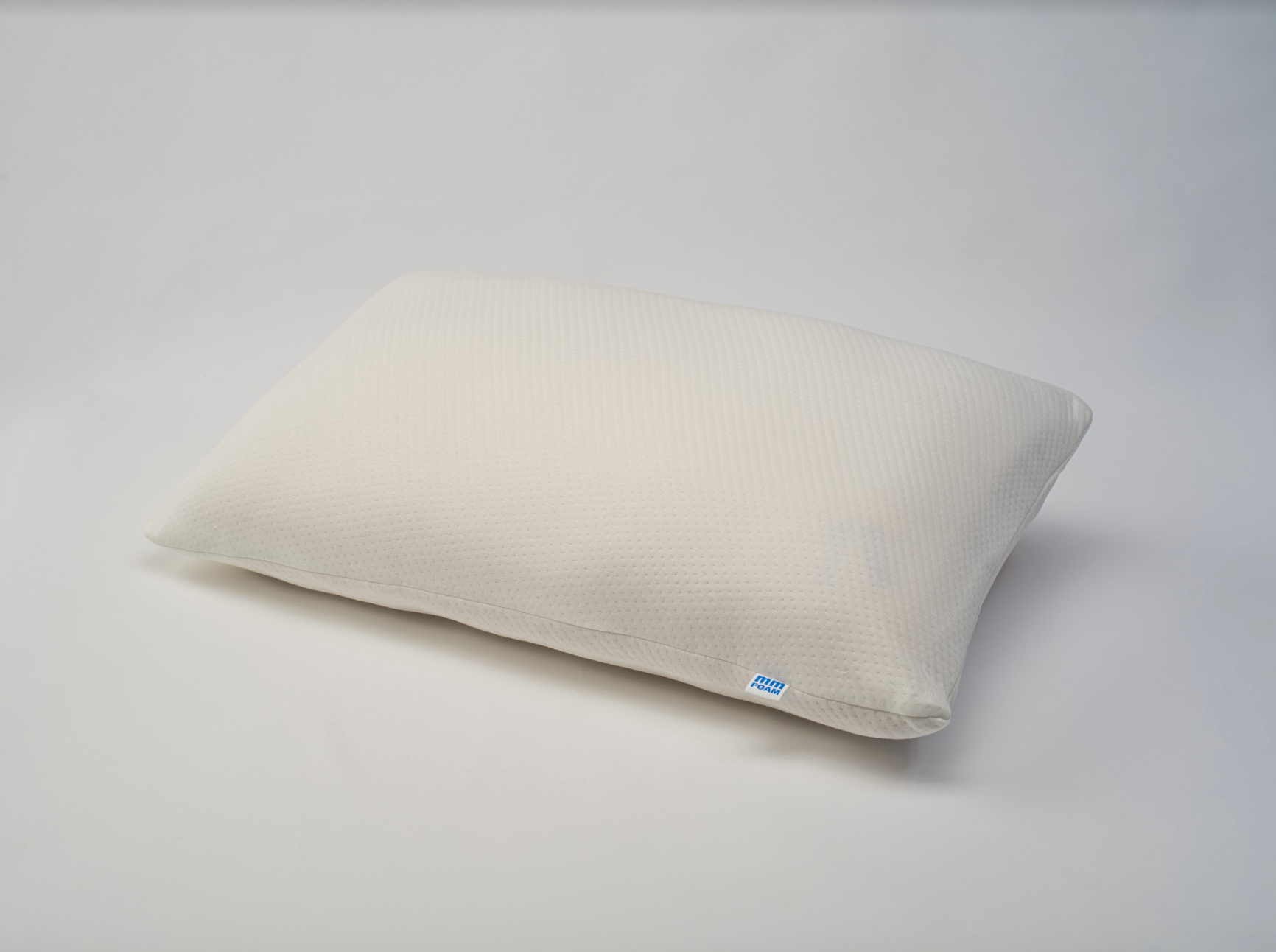Your cart is empty
Looks like you haven't added anything to your cart yet

Sleep Soundly with These 6 Foods: A Guide to Better Sleep
Sleep is a significant aspect of our overall health and well-being, as it serves various important functions. A good night's sleep helps in cellular repair and rejuvenates our body.
Research shows that healthy sleep is important for proper functioning of various body systems, including cardiovascular, metabolic and cognitive functions. Chronic sleep deprivation or poor sleep quality can have a negative impact on the quality of life and increase the risk of developing various lifestyle diseases like diabetes and hypertension.
Lifestyle factors like our diet and physical activity have a major impact on our sleep quality. The food that we eat regularly can play a significant role in improving our sleep quality.
Are you wondering how all this is connected?
Read our post to know more about the food to include in your diet and the food one should avoid.
6 Foods that promote good sleep
Here is a list of some of the best foods that can promote good sleep. We have listed out 6 foods that we think you should include in your diet.
Tart Cherry juice
Melatonin is one of the important hormones that regulates our sleep and helps us rest better. Tart Cherry juice is rich in melatonin and helps in promoting good-quality sleep. Scientific study suggests that tart cherry juice improves sleep efficiency and increases sleep time. Research confirms that Montgomery tart juice has improved insomnia symptoms in elderly people.
Banana
You might have heard various health benefits of bananas, but did you know bananas are great for improving sleep quality as well? Bananas are an excellent source of magnesium, which helps increase serotonin production, regulates the body’s circadian cycle and reduces the stress hormone level in the body. All these mechanisms calm your body and, as a result, improve your sleep quality.
Whole grains
Whole grains like oatmeal, quinoa and millet are high in various essential nutrients like magnesium, selenium etc. Magnesium helps in relaxing muscles, and selenium helps in reducing bedtime restlessness. Whole grains are a great source of complex carbs, which help to increase serotonin production and help you sleep better at night.
Almonds
Almonds have an impressive nutritional profile. They are a great source of various essential nutrients and antioxidants. 28 gm (1 OZ) serving of almonds contains 77 mg of magnesium and 76 mg of calcium. These micronutrients help with muscular relaxation and allow you to get restorative and refreshing sleep.
Leafy greens like spinach, kale, etc.
Leafy greens like spinach and kale contain good amounts of calcium and magnesium. These micronutrients regulate the production of melatonin and keep your body’s natural sleep cycle on track. Thus, they help in promoting good quality sleep.
Dairy products
You might have already heard that drinking a warm glass of milk before bedtime helps you sleep better. Now, scientists have backed the claim with scientific evidence. Research shows that milk and dairy products are effective in improving sleep quality. Dairy products like milk, cheese, and yogurt contain good amounts of tryptophan. Tryptophan plays a vital role in the production of sleep hormones like serotonin and melatonin and improves your sleep quality significantly.
Foods to avoid before bedtime
It’s best to stay away from certain foods close to bedtime. Just like food that helps you get a better night’s rest, these interfere with your sleep quality.
Spicy and acidic foods
Spicy and acidic foods can cause various disturbing gastric symptoms, like heartburn, and may disturb your sleep at night. Thus, avoid eating them before bedtime.
Caffeine
Caffeinated drinks and food like tea, soda and dark chocolates cause overstimulation of the nervous system and may disturb your sleep quality.
Alcohol
While alcohol may initially help you fall asleep and seem like a good idea to relax your body, it disturbs the later stage of sleep and leads to poor sleep quality.
Foods with high sugar content
Foods with high sugar content like ice cream and cookies elevate your blood sugar levels and cause frequent sugar spikes. This disrupts your sleep and leads to restless nights.
Water-rich foods
Though foods with high water content like cucumber and watermelon are great for health, it is not a good idea to eat them before bedtime. These foods cause increased frequency of urination, which leads to multiple visits to the washroom and cause disturbed sleep at night.
Foods that are heavy to digest and cause gas and other digestive issues
Finally, avoid eating heavy, oily and fatty foods at night, as they may cause digestive issues and disrupt your sleep at night. Some foods like beans, lentils, and cauliflower tend to cause digestive issues (gas, bloating, etc.) thus, avoid eating them at night.
Tips for incorporating sleep-promoting foods in your diet
- Include tart cherry juice in your daily diet. For the best result, drink it 2-3 hours before bedtime. If it tastes too sour, then you can add water to the juice to reduce the sourness.
- Drinking one glass of warm milk before bedtime is also a good way to improve your sleep quality.
- Eat healthy and sleep-promoting snacks like bananas with nut butter or a handful of almonds in your routine to include sleep-promoting foods in your diet.
- Make salads or smoothies by using leafy green vegetables to enhance the nutritional quotient of your diet and enhance your sleep quality.
- Try out new healthy recipes with whole grains for lunch and dinner.
- Drink chamomile tea before bedtime, as it helps calm your body and allows you to sleep better.
Word of caution
Though including sleep-promoting foods in your diet is a great idea to improve your sleep quality. However, avoid eating them just before bedtime. Consume them at least 1-2 hours before bedtime to maximize the benefits. This facilitates easy digestion and helps in preventing gastric issues like heartburn and acid reflux.
If you are suffering from a chronic disease like diabetes, then consult with your doctor before changing your diet.
- Choosing a selection results in a full page refresh.









